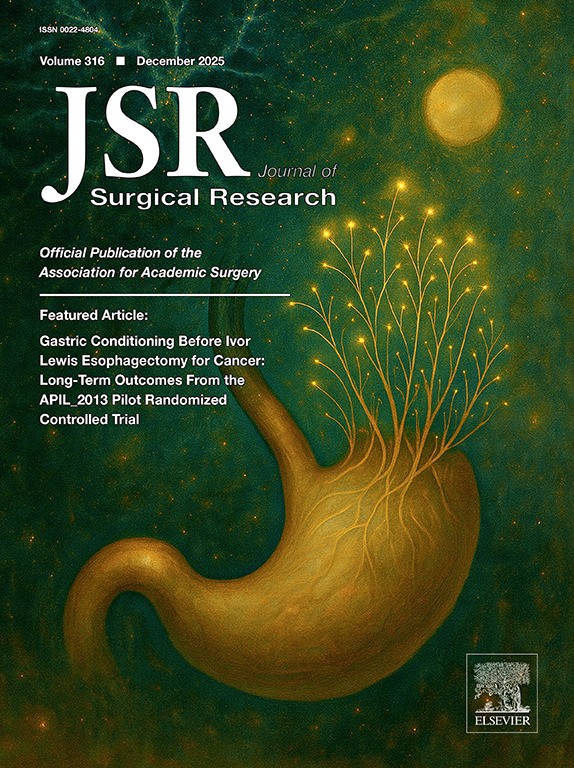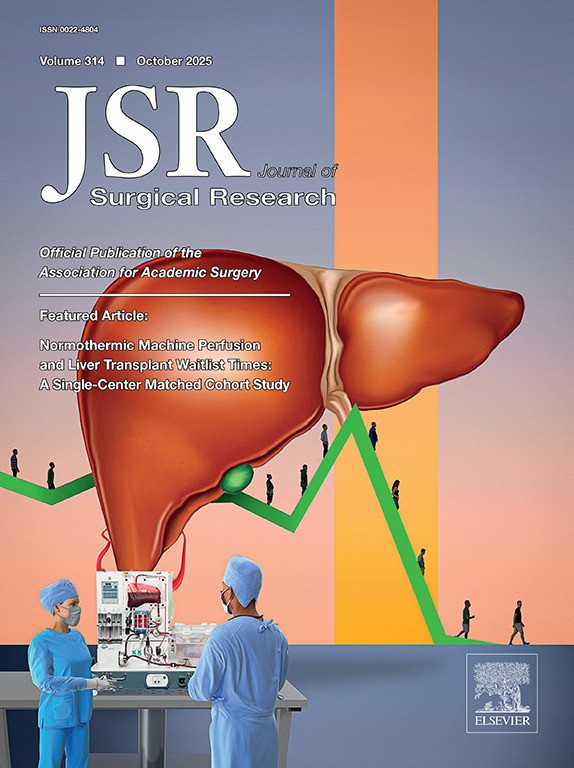TRAUMA QUALITY IMPROVEMENT
Teamwork matters: The association between nontechnical skills and cardiac arrest
Published on
Mar 12, 2024
Surgery
Michael A Vella, Alea Zone, Bahaa Succar, Mingyuan Cheng, Amelia W Maiga, Rachel D Appelbaum, Lowyl Notario, Dylan Pannell, Daniel N Holena, Ryan P Dumas
Overview
This study investigates the relationship between trauma team dynamics and the occurrence of cardiac arrest in hypotensive trauma patients. Utilizing a modified Trauma Non-Technical Skills (T-NTS) assessment, the research analyzed resuscitation videos from 430 adult patients across 19 centers. Hypotension was defined by specific blood pressure criteria at emergency department presentation. The findings revealed that patients who experienced cardiac arrest had significantly higher T-NTS scores, indicating poorer team function. Specifically, for each additional point on the T-NTS scale, there was approximately a 3% increased probability of cardiac arrest, even after adjusting for various demographic and clinical factors.
The results suggest that enhanced team dynamics are linked to better outcomes for hypotensive trauma patients, underscoring the importance of trauma team training. Improved functioning within trauma teams could potentially mitigate the risks of cardiac arrest during critical resuscitation efforts, highlighting a vital area for intervention and training in trauma care settings.
Results
A total of 430 patients were included (median age 43 years [interquartile range: 29-61]; 71.8% male; 36% penetrating mechanism; median Injury Severity Score 20 [10-33]; 11% experienced cardiac arrest in trauma bay). The median total Trauma Non-Technical Skills assessment score was 7 (6-9), higher in patients who experienced cardiac arrest in the trauma bay (9 [6-10] vs 7 [6-9]; P = .016). This association persisted after controlling for age, sex, mechanism, injury severity, initial systolic blood pressure, and initial Glasgow Coma Scale score (adjusted odds ratio: 1.28; 95% confidence interval:1.11-1.48; P < .001), indicating a ∼3% higher predicted probability of cardiac arrest per Trauma Non-Technical Skills point.
Peer-reviewed Research





